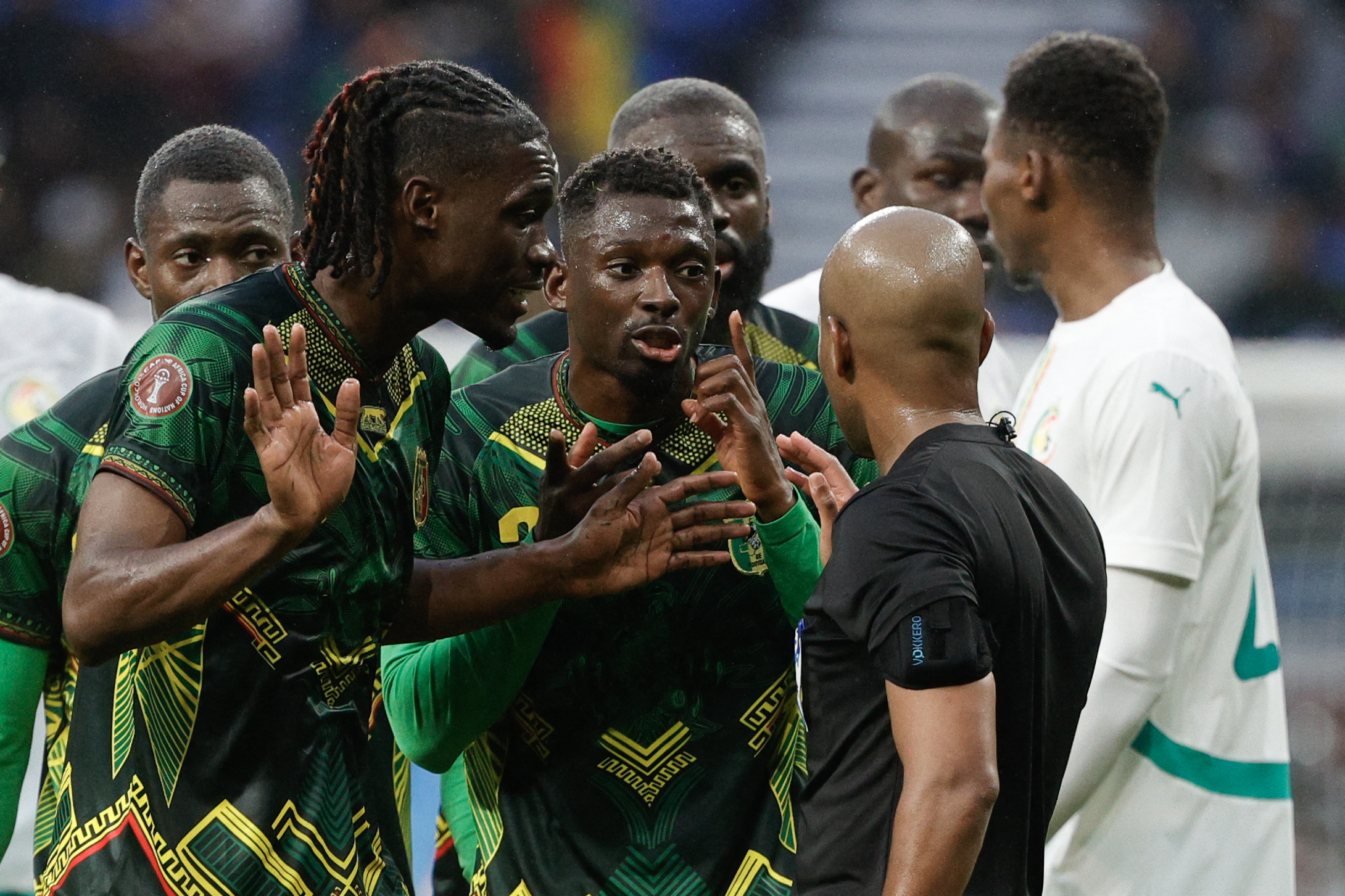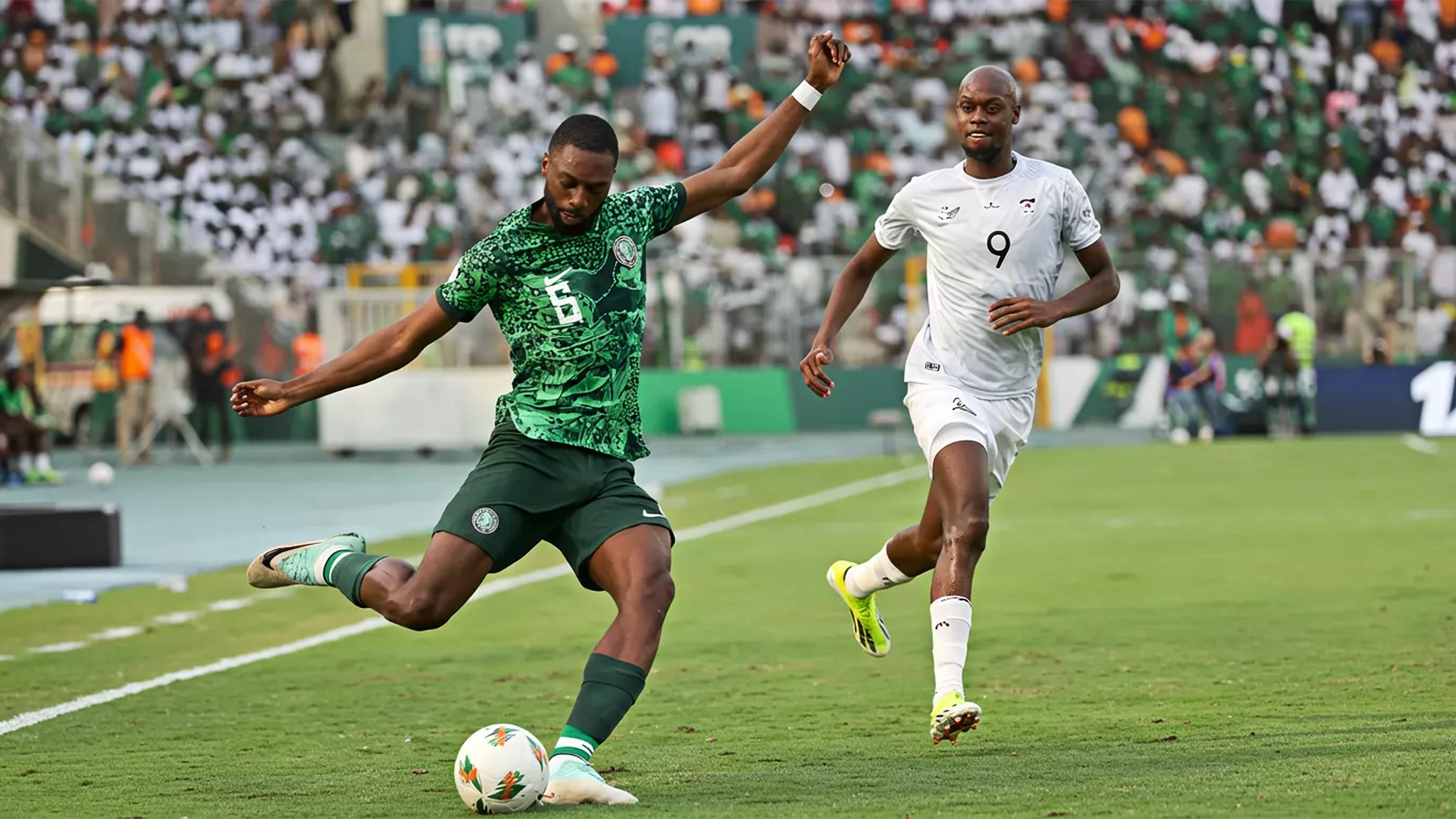An overwhelming majority decision at the CAF Executive Committee meeting in Dakar, Senegal, on Tuesday, ensured that Egypt will host the Africa Cup of Nations for a record fifth time from June 15-July 13, 2019. The North African powerhouse defeated the bid from South Africa 16-1 with one abstention (likely to have been CAF president Ahmad’s). Egypt will use eight stadia in the five cities of Cairo, Alexandria, Suez, Port Said and Ismailia for the tournament.
The 2019 AFCON seemed to have been thrown into turmoil after a late decision to withdraw the hosting rights from Cameroon in November with six months to the competition. CAF approached a few countries to step in but South Africa and Egypt were the only two who indicated interest. However, South Africa’s bid was predicated on the premise that CAF would have to bear a lot of the approximately $10million operating cost. The decision to not award the tournament to South Africa also helped to avoid the awkward situation that could see Libya finish ahead of Bafana Bafana in their final group qualifier in March. That would mean 25 teams qualifying for the tournament since the hosts automatically qualify.
Egypt’s political leadership has no qualms about hosting a tournament that would present little financial responsibilities to CAF. Cairo’s interest in covering the cost of the tournament was visible in the overwhelming majority outcome during Tuesday’s voting. The result also did not seem to be affected by the December 28 bomb attack on a tourist bus that left four people dead near the Giza pyramids on the outskirts of the capital.
The Egyptian government is not afraid of spending money on sports. In June 2018, Egypt splurged between 8-12 million dollars on becoming a Regional Supporter of the FIFA World Cup. This enabled the country to advertise its tourism and investment opportunities across the World Cup venues in Russia as well as run a coordinated campaign in major European capitals during the Mundial.
For a country that earns 12 per cent of its revenues from tourism, the 2011 Arab Spring and other ensuing revolutions dealt a huge blow to its earnings. From a record $12.5billion earnings from tourism in 2010, Egypt’s tourism purse plummeted to $3bn in 2016 after a 2015 bomb attack on a Russian aeroplane that left 224 people dead turned away tourists. The country has since seen an increase in tourism revenue in 2017 to $7.6bn and it made $4.8bn in the first half of 2018 alone.
Football-crazy Egypt sees the 2019 AFCON as an opportunity to expand its tourism market to Africans who lag behind European tourists visiting the country. With the AFCON becoming a 24-team championship in 2019, Egypt will look to receive at least 200,000 visitors from the continent (South Africa targeted 150,000 visitors for the 16-team AFCON 2013). Considering that AFCON fans contributed over $154m to the SA economy in 2013, Egypt will look to earn much more than that number at this year’s expanded event. The ease of direct flights via Egypt Air to Cairo from many countries also means that more fans will look to travel to Egypt in June and July.
While CAF’s decision to choose Egypt this late is being feted, it must not overshadow the other problems that still abound. Both the Egyptian and CAF leadership now have to work at double speed to ensure that all logistics are taken care of before the tournament. These include assurance of top-notch security (in a country where 70 fans were killed in a stampede in 2012), accreditations and visas. CAF needs to negotiate for easier visas for travelling fans. The last time I was in Egypt in 2009, embassy staff notoriously asked for kickbacks to grant tourist visas. One hopes that things have improved over the last decade.
The future of the AFCON now seems to be settled with Cameroon having agreed to host the 2021 edition, Ivory Coast 2023 and Guinea the 2025 tournament. This is ample time for the countries to prepare for the expanded tournament. However, knowing how things work in Africa, do not be surprised if any of the three countries fail to deliver facilities on time. It will mean another round of late bids coming to the rescue of a tournament that seems to have become too large for many African countries to individually manage.
[ad unit=2]






